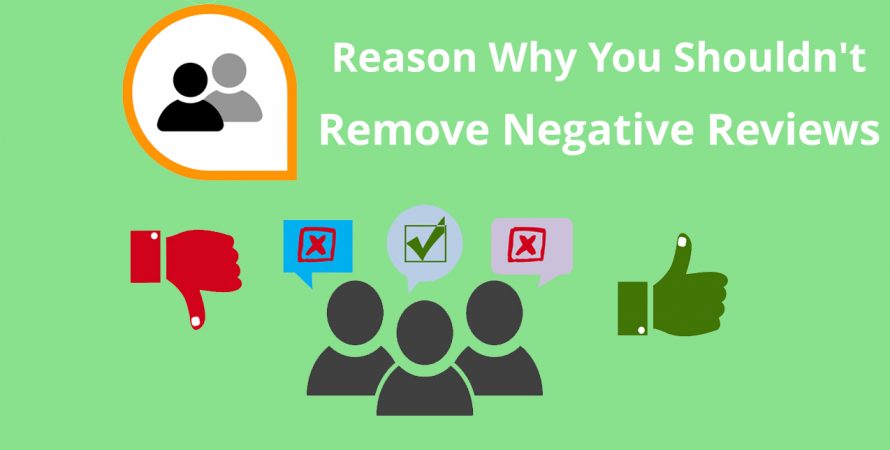By now, most businesses are collecting customer feedback in some capacity. This can happen actively in the form of reviews, surveys or polls, or passively in online review communities where you might have an unclaimed business profile. Whether you’re taking an active approach or not, customers are likely to leave feedback, both negative and positive. After all, customer feedback helps other consumers make the right decision every single time.
it’s normal for eCommerce companies to worry about the impact that negative reviews can have on potential customers. After all, if potential customers are seeing negative feedback about a company or their product, they might keep browsing or actively avoid that company in the future.
Reviews are about giving customers a chance to provide an honest recap of your business and your review. It’s essential to choose and implement the right type of review strategy in order to ensure your reputation is as accurate as possible. Sure mistakes happen and you can’t please everyone. No company is perfect, and consumers know that.
68% of consumers trust reviews more when they see both good and bad ones.
So, should you remove negative feedback?
The short answer, no. Why not? Keep reading.
1. Negative feedback gives you a chance to showcase your customer experience commitment
Customer feedback is a great way for companies to understand what can be improved, but it’s also a way for shoppers to check whether or not they want to engage with a brand. If customers couldn’t openly access other people’s experiences with a brand, they would need to look elsewhere quickly to build confidence.
Today, 88% of consumers read Online Business Reviews to determine the quality of a business’s customer experience, and 76% of consumers say they view customer service as the true test of how much a company values them.
Visitors stumbling upon that negative comment are more likely to shop from you if you have addressed the issue.
2. Kill them with kindness
Your gut reaction to a negative review might be a slew of not-so-nice words. Take a moment, compose yourself and prepare a response that’s the exact opposite of your initial response. Kindness is your best solution. A poor response can bubble into a viral mess.
3. Don’t delete or ignore negative reviews
If a particular comment really gets your blood boiling, you might be tempted to delete it, or even worse, ignore it. If you delete the comment, it looks like you have something to hide. If you ignore it, it looks like you don’t care.
4. Bad reviews build trust in your overall rating
A business with 100 5-star reviews just looks too good to be true. The reaction of anyone looking at a list of reviews like that will be, “Where are the bad ones?”
The assumption that a potential customer may make is that the business is somehow hiding the bad reviews and/or that they have faked the good ones. That leaves the customer free to imagine that there may be a lot of negative reviews that they’re not seeing. All of that undermines trust in what they read about the business on its website, or in good reviews.
87% of people say that a business needs a rating of 3-5 stars before they will use them.
5. How you respond can win you respect
When (not if!) you get a bad review, a golden opportunity has just landed in your lap. How you respond will make the difference between a boost to your business reputation, and a potentially serious loss of reputation and customers.
Your response to a negative review matters. A lot.
Here’s the best way to respond:
- Only respond once. Don’t get into an argument, just state your position clearly and briefly and leave it there.
- Empathize with the customer. Explain your side of the story, but NOT in a way which justifies what went wrong as though the customer shouldn’t be complaining. Feel their pain as if it’s entirely right and fair, even if you think it isn’t.
- Offer to make it right. That could be giving your contact details and asking them to reach out to you to have a personal resolution (a good option if the complaint isn’t actually entirely fair), or publicly stating what you’ll do to fix the problem. Then, of course, you need to follow through with what you’ve promised, and quickly.




